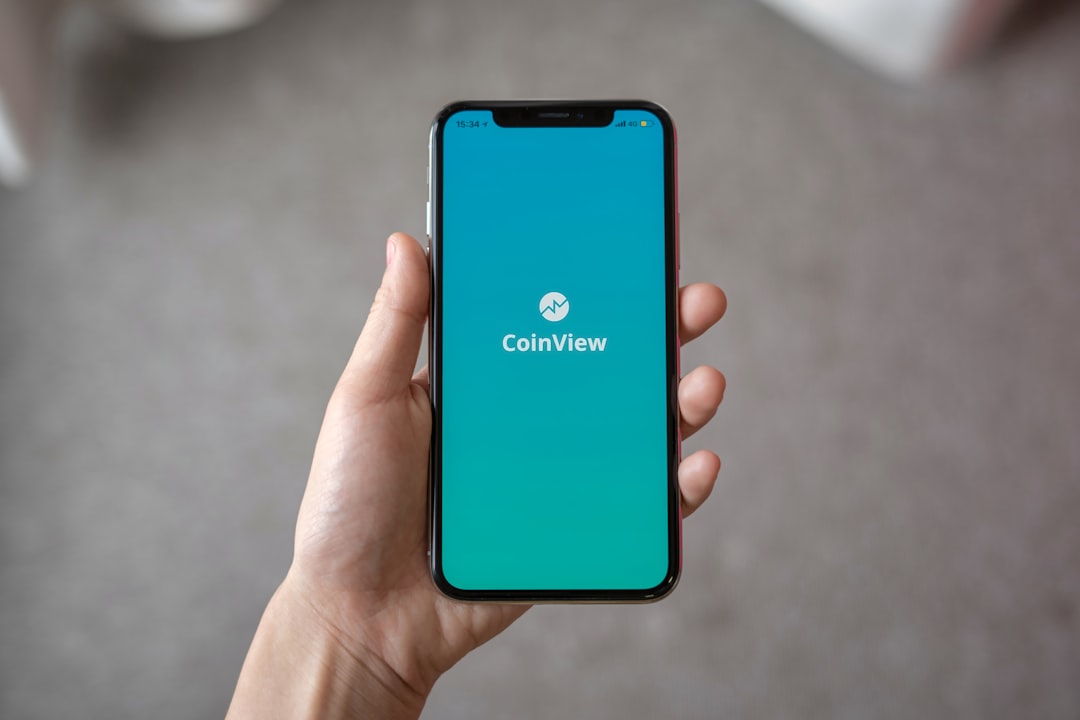Maryland's Do Not Call List is a crucial tool for businesses and Do Not Call Lawyers to navigate the state's Mini TCPA rules, ensuring compliance with consumer privacy laws. This list guides call practices, advises clients, and prevents legal issues. Businesses should check against this list pre-telemarketing, while lawyers focus on list management, opt-out procedures, and client consent transparency for effective Do Not Call Lawyers Maryland practice.
Staying compliant with Maryland’s Mini TCPA rules is essential for businesses and especially Do Not Call lawyers operating within the state. This comprehensive guide explores critical tools and best practices to ensure adherence, focusing on understanding Maryland’s Do Not Call List, key compliance tools, effective call tracking and record-keeping, and prevention strategies for legal professionals. Discover valuable resources tailored to the TCPA to maintain a strong compliance posture.
Understanding Maryland's Do Not Call List

Maryland’s Do Not Call List is a registered database of telephone numbers that have opted-out of receiving telemarketing calls. It’s a crucial resource for businesses and organizations looking to stay compliant with the state’s Mini TCPA (Telephone Consumer Protection Act) rules. Understanding this list is essential for Maryland-based Do Not Call Lawyers, as it helps them guide clients on permissible call practices and avoid potential legal issues.
The list is maintained by the Maryland Commission on Civil Rights, which ensures that businesses respect consumers’ privacy rights. By checking against this list before initiating any telemarketing efforts, companies can demonstrate their commitment to compliance, minimizing the risk of costly lawsuits and penalties.
Mini TCPA Rules: Key Compliance Tools

Maryland’s Mini TCPA (Telemarketing Consumer Protection Act) Rules are designed to protect residents from unwanted phone calls, with specific restrictions on telemarketing practices. Staying compliant is crucial for businesses and organizations conducting marketing campaigns via telephone. The key compliance tools include automated dialing systems that offer consumers the option to opt-out of future calls, clear and concise disclosures about the nature of the call, and maintaining accurate records of consent or opt-out requests.
Additionally, Do Not Call lawyers in Maryland can serve as valuable resources for businesses seeking guidance on navigating these regulations. These legal experts help ensure that telemarketing activities adhere to the Mini TCPA Rules, minimizing the risk of penalties and enhancing consumer trust. By utilizing these compliance tools effectively, businesses can maintain a positive reputation while respecting the privacy and preferences of their Maryland-based customers.
Tracking Calls: Effective Record Keeping

Staying compliant with Maryland’s Mini TCPA rules requires effective call tracking and record-keeping practices. It’s crucial to maintain detailed records of all calls made or received, especially when dealing with Do Not Call list regulations. Every call should be documented with information such as the date and time, caller ID, duration, purpose, and any relevant notes about the recipient’s response.
Implementing a robust phone logging system or utilizing specialized software designed for compliance monitoring can significantly aid in this process. These tools enable businesses to track calls efficiently, identify trends, and quickly retrieve specific records when needed. Accurate record-keeping not only ensures regulatory adherence but also serves as valuable data for analyzing communication strategies and enhancing customer relationships.
Avoiding Violations: Best Practices for Lawyers

Lawyers in Maryland must stay vigilant to avoid violations of the state’s Mini TCPA (Telemarketing Consumer Protection Act) rules, especially when dealing with “Do Not Call” regulations. Best practices include implementing robust do-not-call lists and ensuring strict adherence to opt-out mechanisms. Regularly reviewing and updating client consent forms is crucial, as is providing clear and concise privacy notices that outline how client data will be used and protected.
Additionally, lawyers should educate their staff on the importance of accurate caller ID practices and proper training in handling customer complaints related to telemarketing calls. By fostering a culture of compliance, lawyers can mitigate risks associated with unintended violations, thereby safeguarding their clients’ rights and maintaining their professional integrity.
Resources for Staying Compliant with TCPA

Staying compliant with Maryland’s Mini TCPA rules can be a complex task, but there are numerous resources available to help businesses and organizations navigate this regulatory landscape. One crucial resource is the official Maryland Attorney General’s website, which provides detailed guides and explanations of the TCPA laws, including specific provisions for Maryland’s “Do Not Call” list. These resources offer practical insights into what constitutes compliance and how to avoid common pitfalls.
Additionally, reputable legal firms specializing in telecommunications law can serve as invaluable partners. Such firms often publish informative articles, webinars, and newsletters covering various aspects of TCPA compliance, including best practices for managing Maryland’s Do Not Call Lawyers list. They also offer consulting services tailored to help businesses stay ahead of regulatory changes, ensuring they remain in full compliance with the ever-evolving TCPA standards.






